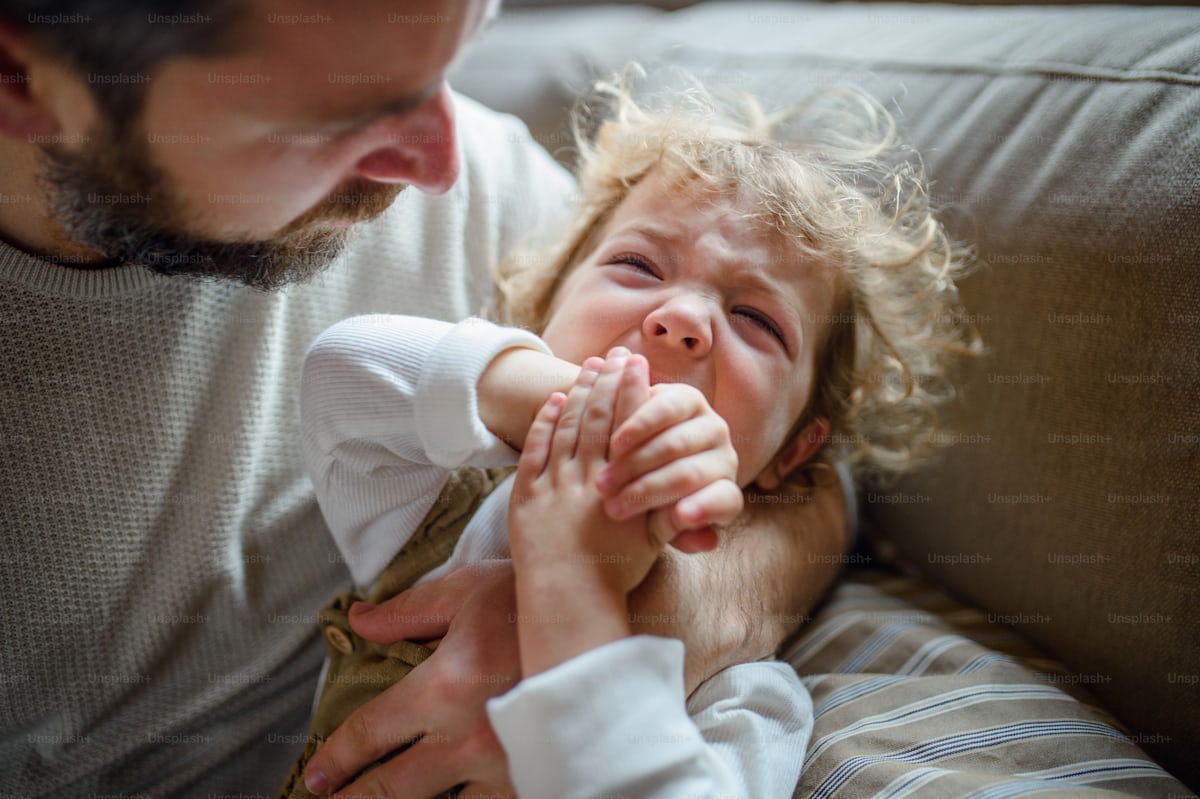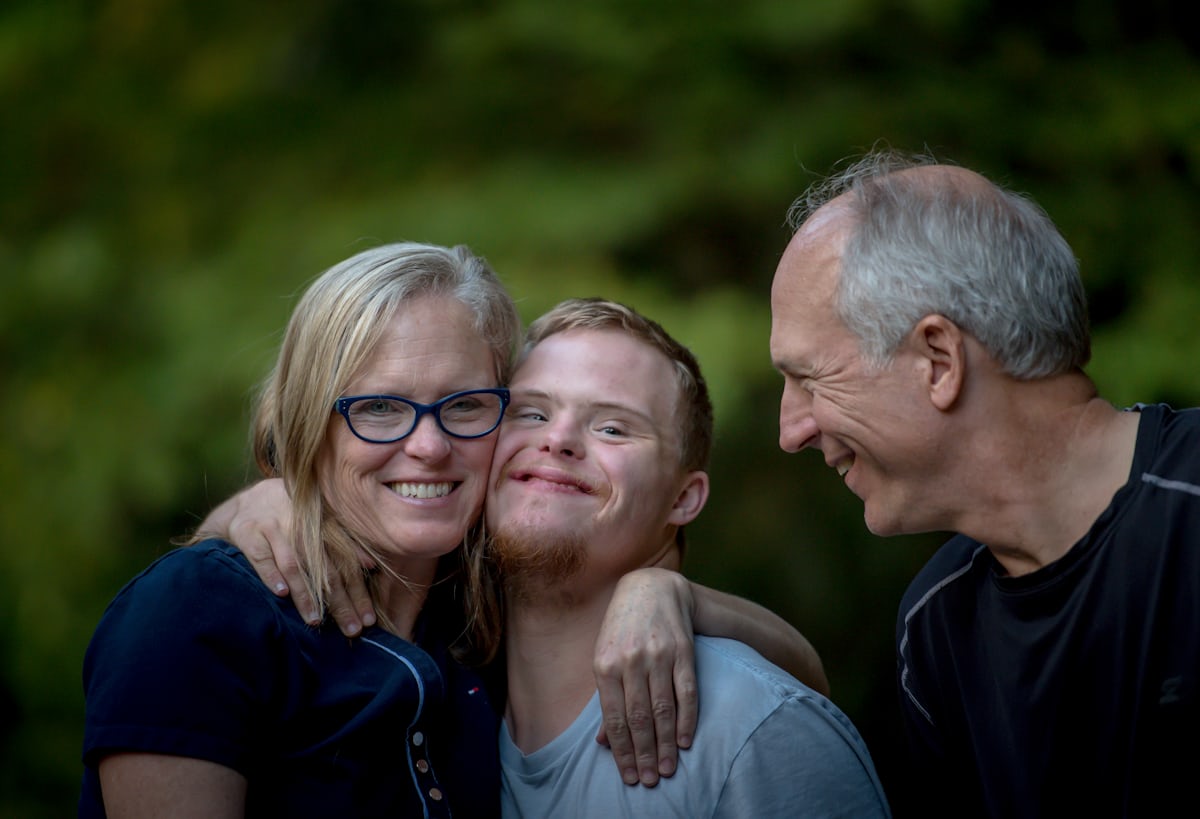Family conflict is often considered a problem among adults, but its effects on children are deep and long-lasting. For young people caught in the crossfire, these conflicts can be confusing, terrifying and extremely destructive, shaping their emotional health and relationships for years to come. Understanding children’s perspectives on family conflicts is critical to addressing and reducing their harm.
Emotional impact: Children, especially very young children, have a limited capacity to process complex emotions. When you see disagreements or get into a family conflict, fear, dread or misunderstanding is often to blame.
Fear and Anxiety: Loud noises and heated discussions create an environment of fear, making children worry about the stability of their families.

Self-blame: Many children internalize conflicts by believing that they did something wrong that caused the stress. This false sense of guilt greatly affects their self-esteem.
Effects on Development: Family conflict can interfere with a child’s emotional, social, and cognitive development.
Behavioral changes: Some children act angry or defiant, while others become withdrawn, very quiet, or withdrawn.
Difficulty in school: Stress caused by family conflict spills over into other areas, leading to poor academic performance or difficulty concentrating.

Stressful Social Relationships: Witnessing constant conflict can prevent a child from forming healthy and trusting relationships.
Long Term Consequences: The scars of family disputes do not fade away easily. As children grow older, unresolved conflicts can manifest in a variety of ways:
Relationship Patterns: Children who suffer from chronic family conflict have difficulty engaging in or repeating the same conflicts in their relationships.
Mental Health Issues: Anxiety, depression, and chronic stress are common among people living in a violent home environment.
What children need: Children need stability, security and development. Even during an argument, it is possible to minimize their damage by focusing on these needs:
Reassurance: Regularly remind children that conflicts are not their fault and that they are loved unconditionally.
Communication: Create a safe space where they can express their feelings and ask questions without fear of judgment.
Conflict Management: When conflicts arise, resolve them away from children and adopt healthy conflict resolution behaviors when conflicts arise. Parents play a vital role in protecting children from family conflicts. Routine: A series of routines gives children a feeling of routine and stability.

Encouraging positive relationships: Trusted adults who strengthen relationships with extended family or provide additional support. From children’s perspective, family conflicts are not just temporary arguments, but rather moments that shape their worldview and emotional health.
Adults must remember that how they deal with conflicts affects not only their relationships, but also younger and more vulnerable family members. By prioritizing empathy, open communication, and commitment to resolution, families can create a more nurturing environment where children feel safe, loved, and trusted.
Reference https://timesofindia.indiatimes.com/blogs/voices/family-conflict-and-its-effect-on-children/
https://socialwelfare.vikaspedia.in/viewcontent/social-welfare/women-and-child-development/child-development-1/children-in-conflict-with-law?lgn=en
Parents in Conflict and the Children Who Live Through the Trauma
https://www.gov.uk/guidance/reducing-parental-conflict-the-impact-on-children
https://www.ijrar.org/papers/IJRARTH00103.pdf
https://greatergood.berkeley.edu/article/item/family_conflict_is_normal_its_the_repair_that_matters
https://www.bbc.com/news/education-43486641
 using WordPress and
using WordPress and
Comments are closed